Believe in celebrities
Consumers are the central factor of the market, and at the same time, they are also the ones who suffer the most from the problem of counterfeit goods. Currently, many consumers still believe in "winged" advertisements on social networks, word-of-mouth recommendations without carefully researching the product before deciding to buy and use, leading to unwanted consequences.
Ms. Nguyen Thi Thanh (from My Hao) is worried because her daughter is shorter than her peers, so she often looks for height-enhancing products for her to use. In October 2024, on social networks Facebook and Tiktok, there were images of famous people such as actress Van Hugo, Editor Quang Minh... advertising a type of milk called HIUP 27 with the effect of "can increase height by 3-5cm in just 3-6 months".
Believing in the attractive advertisements above, Ms. Thanh immediately bought 10 boxes of this milk for 5.5 million (with promotion) to feed her child. When the authorities announced that HIUP 27 milk did not meet standards and was fake, Ms. Thanh was really "shocked" because she had spent money buying fake milk for her child to drink instead of choosing milk from reputable brands. "After this time, I have to be very careful with the advertisements of famous people on social networks" - Ms. Thanh said.
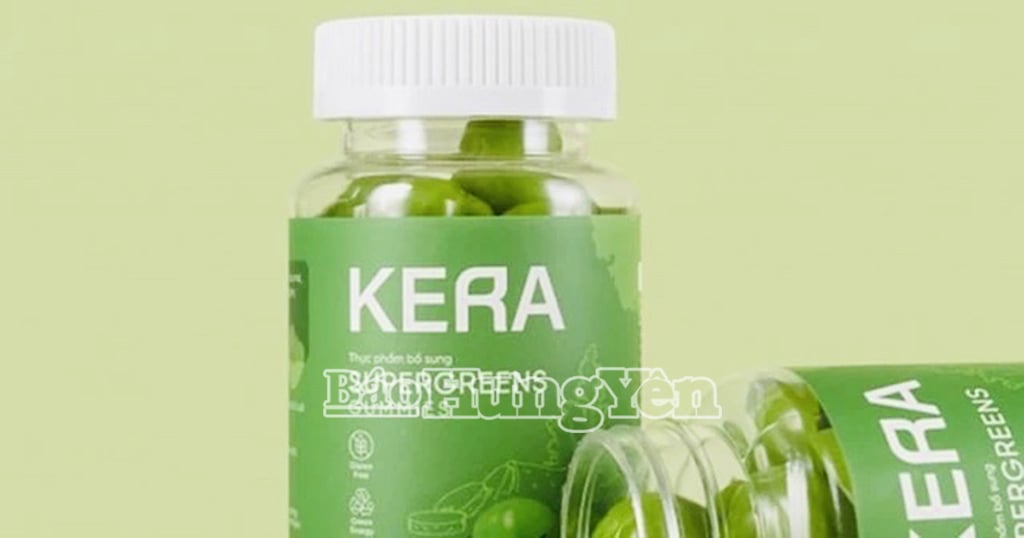
Similarly, in early January 2025, also following the introduction of famous people such as Quang Linh Vlog, Miss Thuy Tien about the Kera vegetable candy product with the effect of "1 candy equivalent to 1 plate of vegetables", Ms. Tran Thi Huong ( Hung Yen city) bought a box for her son to use. However, on the first day, after her son ate 15 of these candies, he showed signs of diarrhea, so she did not dare to let him use it anymore.
By mid-March 2025, the National Institute for Food Safety and Hygiene ( Ministry of Health ) announced that this product contained sorbitol, a sweetener with a content of 33.4 g/100 g but not stated on the product label, which has the ability to help "laxative", when used in large quantities will cause diarrhea. After that, the subjects producing this candy were arrested and investigated by the authorities for the crime of producing counterfeit goods and deceiving customers.
Meanwhile, many fake shoes, clothes, handbags of famous world brands such as Aididas, Nike, Chanel, etc. are still sold widely in many online sales channels, markets, shopping malls, and stores. It is worth mentioning that a large number of consumers, even though they know that the products are fake, counterfeit, still buy and use them because of their cheap price and foreign goods preference.
Thus, whether accidentally or intentionally buying counterfeit goods, the common point is that you are helping counterfeit goods to proliferate, causing many consequences for the economy, affecting production and trade activities.
Need to equip consumer skills
It can be affirmed that consumers are the last barrier in the fight against counterfeit and fake goods. Therefore, propagating and disseminating knowledge and skills for consumers to recognize and "say no" to counterfeit and fake goods is a sustainable solution.
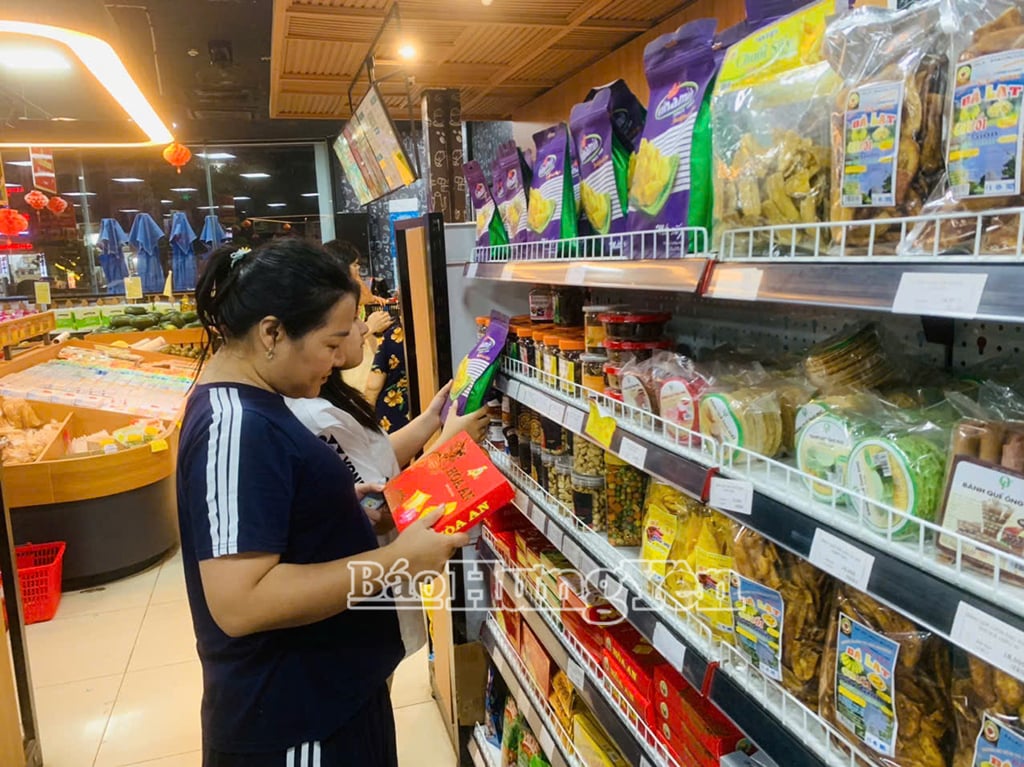
Mr. Nguyen Xuan Bac, Deputy Director of the Department of Industry and Trade, Chairman of the Provincial Consumer Protection Association, said: In recent times, the Association has stepped up propaganda and introduced regulations related to anti-counterfeiting, consumer rights protection; ways to identify counterfeit goods; and ways to prevent fraudulent acts on the internet.
According to the Chairman of the Provincial Consumer Protection Association, each citizen needs to become a "smart consumer", when buying products, they need to choose reputable stores and distributors; check the origin of the goods, labels, if imported goods must have a secondary label; carefully study the ingredients, uses... For new products, consumers must be very careful, should not believe in the advertisements of famous people, people without expertise, responsibility; avoid emotional shopping behaviors.
Returning to the case of Ms. Tran Thi Huong, after buying counterfeit goods, she learned a lesson for herself: before choosing to buy new products, she must spend time researching carefully, choose reputable e-commerce platforms and stores, and do not forget to scan the barcode on the product packaging to know the origin, ingredients and usage. "I have to be responsible for my money, my health and my family's" - Ms. Huong said.
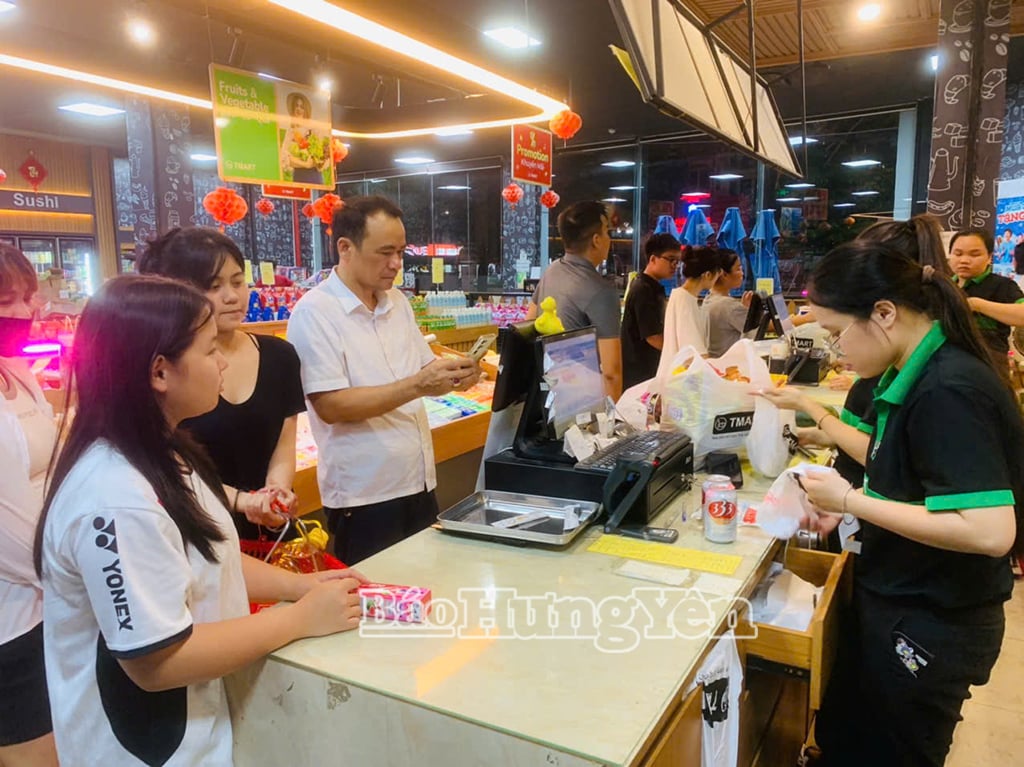
With the change, raising awareness, consumer behavior of the people and the participation of the entire political system, the "war" against counterfeit goods and trade fraud will certainly be victorious. From there, it will contribute to protecting consumer rights, avoiding loss of state budget revenue, protecting domestic production and trade.
Source: https://baohungyen.vn/hay-la-nguoi-tieu-dung-thong-thai-3182147.html





























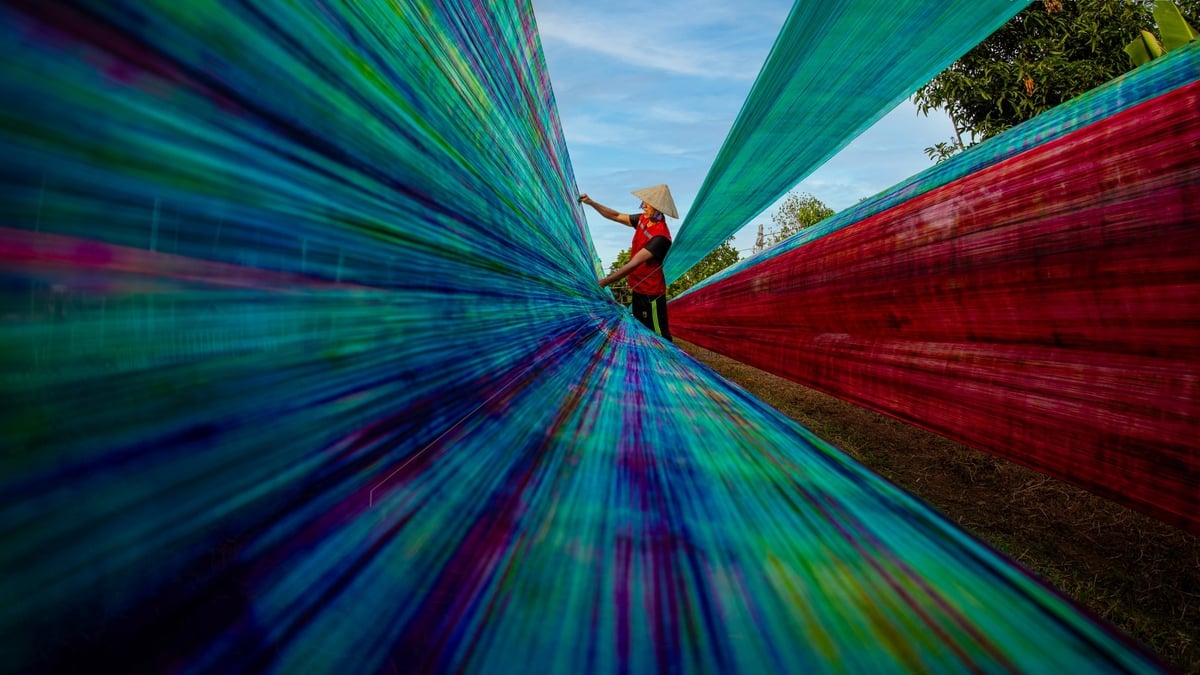




































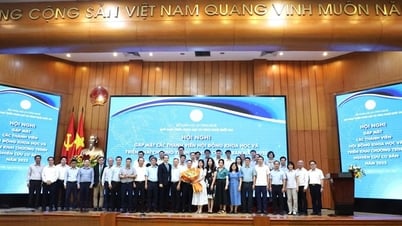

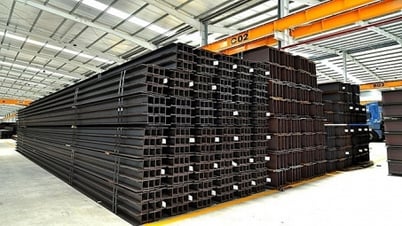



























Comment (0)